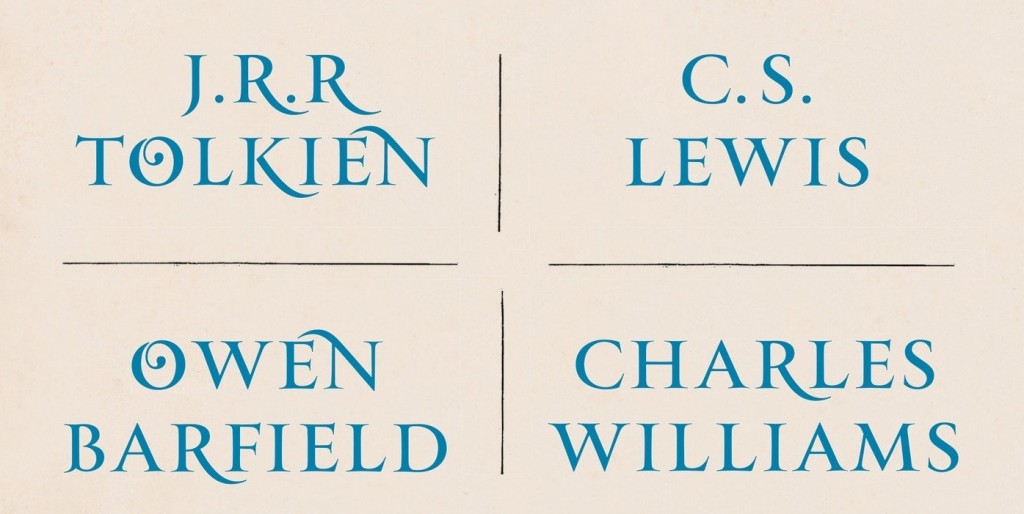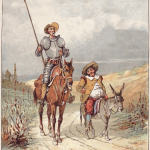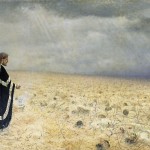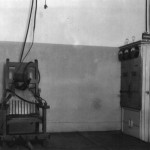
==========================================================================
Philip and Carol Zaleski are the coauthors of Prayer: A History and The Book of Heaven. The Fellowship is their third co-authored book. Philip Zaleski is the author of Gifts of the Spirit and The Recollected Heart and editor of the long-running Best Spiritual Writing series, and Carol Zaleski is Professor of World Religions at Smith College and author of Otherworld Journeys and Life of the World to Come.
==========================================================================
Artur Rosman: There seem to be many biographies of the individual Inklings and quite a few collective biographies as well. What inner necessity drove you two to undertake this ambitious, nearly 700 page, project? How does The Fellowship: the Literary Lives of the Inklings differ from other books on the topic?
Carol Zaleski: C.S. Lewis has received more than his fair share of biographies, and Tolkien a few, while other important Inklings – Owen Barfield in particular – have been largely ignored. One of our aims was to rectify this imbalance, by writing a book that addressed as thoroughly as possible the lives of all the major and many of the minor Inklings, presenting them as exuberant instrumentalists in a brilliant, inventive, sometimes discordant orchestra that filled the world with a new literary music rooted in tradition yet at times breathtakingly original. This necessitated massive research and, inevitably, a big book – and, we hope, an entertaining one as well. We certainly enjoyed writing it!
AR: Williams and Barfield are frequently overshadowed by the now monumental fame of Lewis and Tolkien. I was introduced to those two “minor” Inklings through reading Auden. What is your outline and assessment of the unique intellectual contributions of Barfield and Williams? Why did they not garner the same sort of recognition? Is their work too technical, or has it not yet found its audience?
Philip Zaleski: Owen Barfield and Charles Williams are original and important writers worthy of far more attention than they have so far received. Barfield’s great contribution was to bring to life the evolution of language, to highlight the ways in which the meaning of words – and thus of symbol and metaphor – have changed, altering to a significant extent the way we view the world. Williams was notable both for his metaphysical thrillers, an influential form of fantasy that he helped pioneer, and for his writings on the “Way of Affirmation,” the discovery of God through the beauties of the world, especially the beauty of love between man and woman.
As you discovered, Auden’s admiration of Williams knows no bounds – when they met, Auden felt he was in the presence of “personal sanctity.” He once wrote that “in his [Williams’s] company one felt twice as intelligent and infinitely nicer than, out of it, one knew oneself to be.” Auden adored The Descent of the Dove – in which Williams tells the history of the church after the fashion of a biography of the Holy Spirit.
Unfortunately, Barfield’s work is too rarefied and Williams’s writing too turgid for popular mass consumption. Neither is likely to attain the following of Lewis and Tolkien, who were supreme storytellers, but both Barfield and Williams offer many rewards to the discerning reader. For a start, we’d recommended Barfield’s Poetic Diction (on the power of poetry to elicit an almost salvific “felt change of consciousness”) and Williams’s novel The Place of the Lion or his book on Dante and romantic theology, The Figure of Beatrice.












